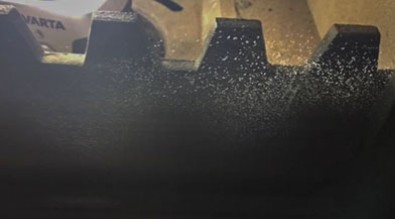Your Cart is Empty
Stove glass fitting can be arranged in store - drop off & collection service for stove doors.
Cloudy glass is only cosmetic and its performance is unaffected and although with a lot of hard work the clarity of glass can be improved it is so much easier and quicker to buy a replacement. It is highly unlikely that your cloudy glass will be covered under the manufacturer's warranty since stove glass is generally regarded as a 'consumable' item. Glass that appears cloudy grey or has lost its clarity will have been affected by acidic condensates settling on the glass and over time etching its surface. It definitely isn't faulty glass but a combination of poor fuel choice and long periods of slumber or low burning.
Most stove manufacturers quite rightly prohibit using 'dirty' fuels which, when incompletely combusted during slumber burning, will create acidic condensates that settle on the glass surface. Petroleum coke (aka petcoke) and bituminous house coal both produce sulphuric acid under these circumstances. Unfortunately many manufactured oval and briquette coal products contain petcoke and some very cheap coals will have more of these than most stove manufacturers would be happy with. There is no doubt that the Republic of Ireland's introduction of a dirty coal ban will eventually prove good for local air quality, but in the meantime, as old stocks of this fuel are still legally allowed to be sold until they run out, you can be sure that there will be some dubious quality coal products available at knock-down prices. These are likely to not only damage your stove glass but also your fire grate and baffle plate.
Burning unseasoned (aka wet or green) wood and the resultant lower fire chamber temperature will also help produce such acidic condensates that etch the glass.


